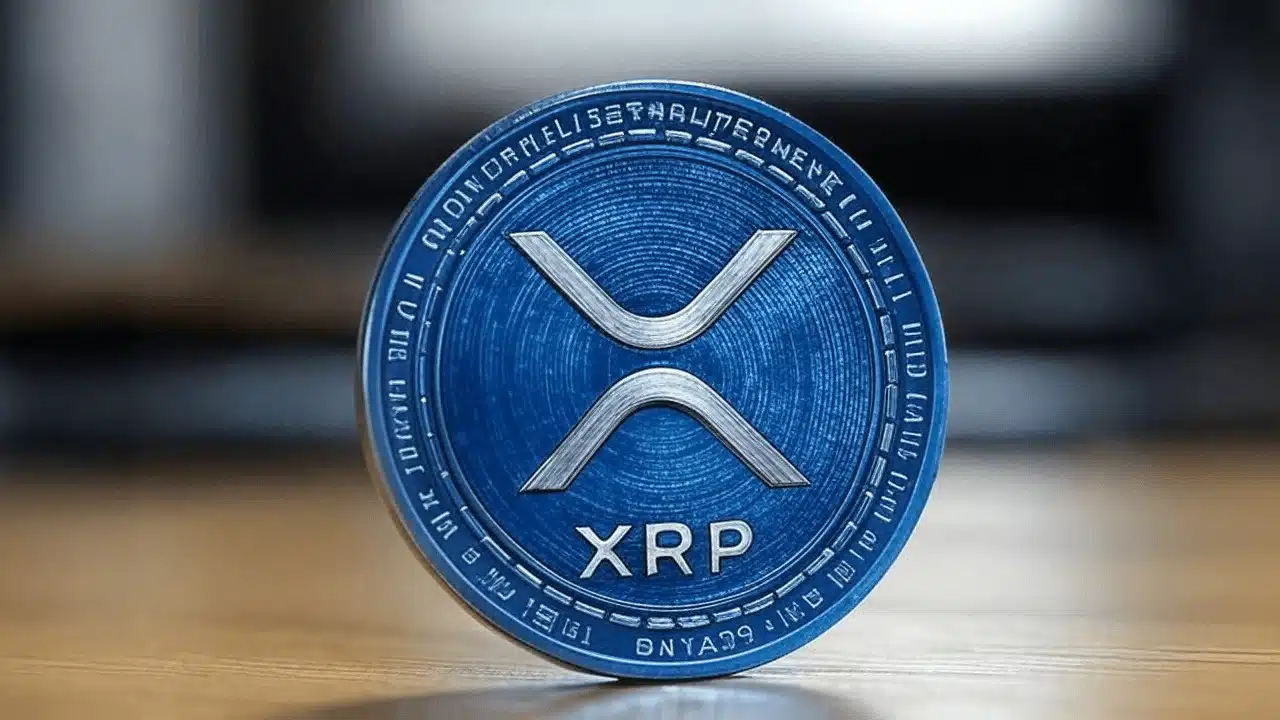- XRP gains attention as expert highlights shift toward stronger value capture.
- Community explores staking as new incentives reshape XRP Ledger’s economic direction.
- Regulatory clarity drives renewed interest in practical value mechanisms across networks.
XRP is drawing renewed interest across the crypto market after Bitwise Asset Management’s chief investment officer Matt Hougan highlighted what he described as the token’s entry into a value capture phase. His remarks have become a major talking point because they underline a wider shift in how major networks structure incentives.
According to Hougan, investment performance often improves when holders recognize moments where tokens strengthen their ability to generate direct economic benefit instead of offering only governance or basic utility.
He referenced Uniswap’s UNI token as a clear example of this shift in design. UNI originally functioned only as a governance asset, yet it now burns part of the trading fees generated on the platform. This change gives the token more defined value and has encouraged other ecosystems to review how their economic models can evolve to support long term participation.
Also Read: Stablecoin Growth Shifts Institutional Focus as BlackRock Highlights Bitcoin Limits
XRP Community Explores Staking As Interest In Value Alignment Expands
Hougan also pointed to Ethereum’s Fusaka upgrade, which introduces minimum fees for Layer 2 data recording. This update could increase revenue capture by a significant margin and demonstrates how several major networks are moving toward more incentive driven systems.
Attention has shifted toward XRP as the community actively explores staking. Discussions around staking have grown because the mechanism could reshape how holders benefit from the XRP Ledger. Besides creating clearer incentives, the idea has broadened conversations about aligning network activity with the interests of those who support it. This exploration reflects the community’s increasing interest in sustainable economic design.
Regulatory clarity has also played a major role. Many earlier tokens avoided features like fee sharing or token burns because these mechanisms carried legal uncertainty. Consequently, teams relied heavily on governance only structures. Hougan emphasized that the current regulatory environment allows networks to consider direct value capture methods with reduced risk.
Ripple leadership continues to participate in these discussions. David Schwartz, Ripple’s chief technology officer, recently introduced the idea of a two layer consensus model as part of efforts to ensure the XRP Ledger can support new economic features without compromising speed, low fees or decentralized governance.
Also Read: Crypto Dispensers Weighs $100 Million Sale as Founder Faces Federal Charges
